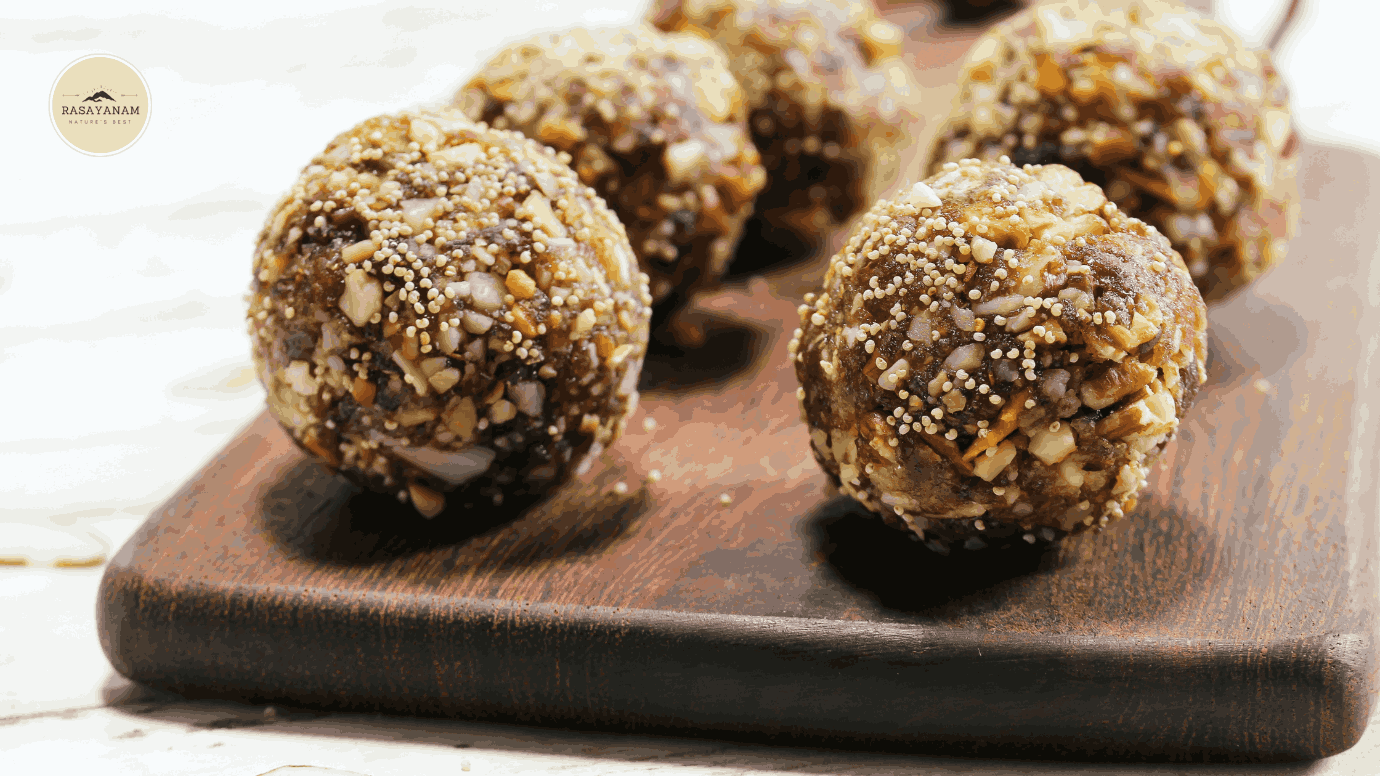Dates are a delicious fruit that grows on palm trees; they can be eaten fresh or dried and are known for their great taste.
Initially, dates were cultivated in Northern Africa and the Middle East. In the late 17th century, Spanish missionaries introduced them to California, which was a long time ago.
Medjool dates are well-known, and they originally come from Morocco. Americans also love another type of date called Deglet Noor. While it is not as sweet as Medjool, people still enjoy it a lot, and the USDA says it is consumed most by Americans.
In California, where dates are cultivated, there are different varieties of Medjool dates. However, it is still being determined if they differ due to their genetics or how they are grown. It’s an interesting fact.
The Nutritional Value of Dates
Dates are known for their high-calorie content due to the sugar in them. For instance, according to the USDA, a single Medjool date contains 66 calories, most of which come from 16 grams of sugar. However, dates are not just a sweet treat. In March 2012, a review published in Critical Reviews in Food Science and Nutrition lauded dates for being an excellent source of nutrients compared to other fruits.
Here’s a breakdown of the nutrition per 2/5-cup serving of Medjool dates, which is around four pitted dates, according to the USDA:
Nutrition Content of Medjool Dates:
- Calories: 277
- Protein: 1.81g
- Fat: 0.15g
- Carbohydrates: 75g
- Fibre: 6.7g
- Sugar: 66.5g
- Iron: 0.9mg
- Potassium: 696mg
- Magnesium: 54mg
Dates are a great source of fibre and don’t contain any cholesterol, fat or sodium. Consuming just a quarter-cup of dates (which is about two dates) can provide you with 8% of the required daily potassium intake, 6% of the daily magnesium intake, and a good amount of calcium, zinc, copper, iron, and selenium.
Carbohydrate of Dates
Dates are a great source of carbohydrates, providing 75 grams per serving, which makes them an excellent, energizing snack. However, if you’re following a low-carb diet, you may hesitate to eat them.
On the other hand, dates are rich in fibre, which, when combined with carbohydrates, can diet, according to the American Academy of Family Physicians.
Fiber helps you feel full, preventing overeating, and aids in digestion and absorption of nutrients. Additionally, it’s only sometimes advisable to completely cut carbs from your diet, as they provide your body’s cells with the necessary fuel to function optimally, as per the Harvard T.H. Chan School of Public Health.
Dates, in particular, can be a healthy alternative to ultra-processed foods, which are known to cause weight gain and other health problems. For those who want to gain weight, dates can also be an excellent food source.
Vitamins in Dates
Dates are a rich source of vitamins, in addition to being high in fibre. The USDA shows they are particularly rich in Vitamin B6, niacin and pantothenic acid. Just two dates contain 6% of the recommended daily value of B6 and 4% of the recommended daily value of niacin and pantothenic acid- which are essential for various functions in our body.
Vitamin B6 helps produce neurotransmitters, haemoglobin and DNA and has also been known to improve mood, as per the Cleveland Clinic.
According to the Mayo Clinic, niacin is a B vitamin beneficial for our nervous and digestive systems.
Pantothenic acid (Vitamin B5) helps in metabolism and the breaking down fatty acids, as per the Harvard T.H. Chan School of Public Health.
Minerals in Dates
Medjool dates are a good source of vital minerals. As per the USDA, they provide around 8 to 10% of your daily mineral needs per serving. These minerals include:
- Potassium: Helps regulate heart rate, blood pressure, nerve impulses, and electrolyte balance.
- Copper: Essential for creating connective tissues, healthy brains, and red blood cells.
- Manganese: Assists in forming strong bones, regulating energy levels, aiding calcium absorption, blood clotting, maintaining blood sugar levels, and keeping the brain and nerves healthy.
Did you know that you can lose weight on Medjool dates?
Fruits are essential components of a weight-loss diet. They are packed with fibre and vitamins that are beneficial in combating obesity. Dates have a low glycemic index and minerals that can reduce the risk of type-2 diabetes and help with weight management. Remember to monitor your portion sizes as dates are calorie-dense.
How to eat dates
Enjoy them on their own, or get creative with tips from Produce for Better Health.
Ways to use dates:
– Fill with nut butter
– Add to smoothies
– Dice for cereal or salad
– Put in wraps or sandwiches
– Add to trail mix
– Blend with milk for pancake syrup
– Use in desserts
– Eat whole on the go.
The Bottom Line
Medjool dates are a nutritious and delicious addition to your diet, especially if you need a high-energy snack rich in carbs.
Medjool dates are packed with minerals, vitamins, and fibre, which offer numerous health benefits.
However, if you’re monitoring your sugar intake, it’s essential to consume dates (and other fruits high in sugar) in moderation.
Suppose you’re uncertain about the amount of sugar you can safely consume due to diabetes, high blood sugar, or another underlying medical condition. In that case, advising your doctor or a registered dietitian is always best.



